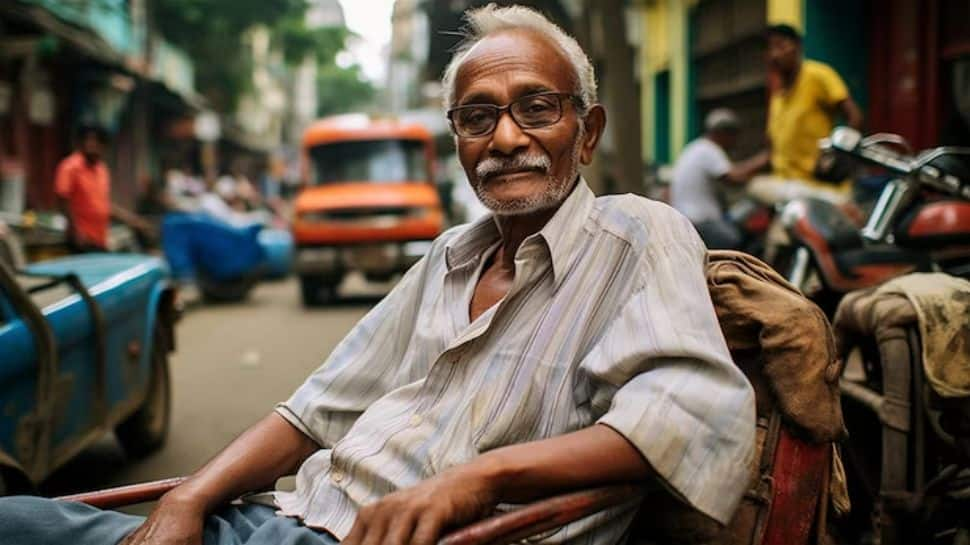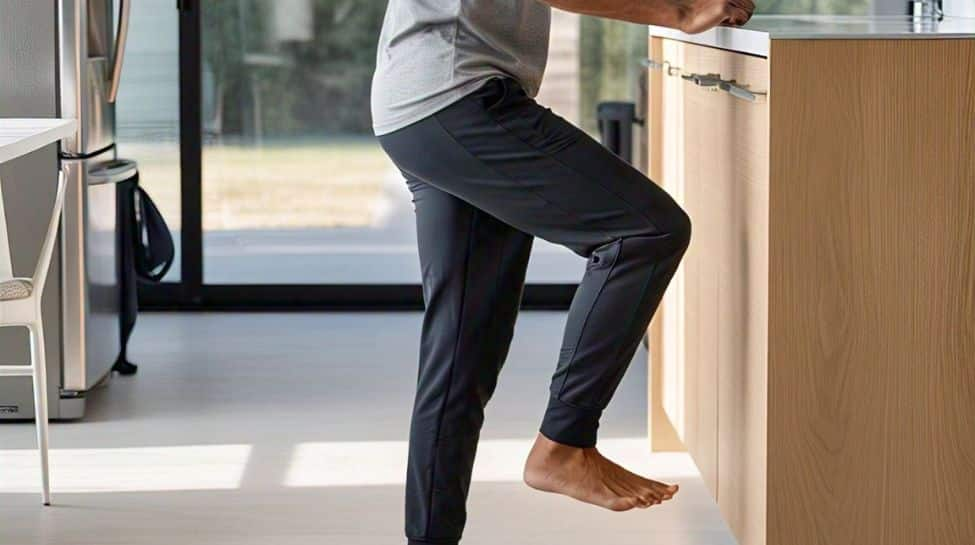A shift in the atmosphere
Ms. Petrova’s return flight from Paris landed in Boston on the evening of Feb. 16. As the plane sat on the tarmac, she texted back and forth with Dr. Peshkin, trying to confirm how she should handle the package in customs. But by then, the passengers were already filing off the plane, he said, and Ms. Petrova cut short the conversation.
At first, Ms. Petrova said, her re-entry felt normal. At passport control, an officer examined the J-1 visa that Harvard had sponsored, identifying her as a biomedical researcher. The officer stamped her passport, admitting her to the country.
Then, as she headed toward the baggage claim, a Border Patrol officer approached her and asked to search her suitcase. All she could think was that the embryo samples inside would be ruined; RNA degrades easily. She explained that she didn’t know the rules. The officer was polite, she recalled, and told her she would be allowed to leave.
Then a different officer came into the room, and the tone of the conversation changed, Ms. Petrova said. This officer asked detailed questions about the samples, Ms. Petrova’s work history and her travel in Europe. The official then informed Ms. Petrova that she was canceling her visa and asked her whether she was afraid to be deported to Russia.
“Yes, I am scared to go back to Russia,” she said, according to a Department of Homeland Security transcript provided by her lawyer. “I am afraid the Russian Federation will kill me for protesting against them.”
Ms. Petrova’s attorney, Greg Romanovsky, said that Customs and Border Protection had overreached its authority by canceling her visa. He acknowledged that she had violated customs regulations but said it was a minor offense, punishable by forfeiture and a fine.
To cancel her visa, Mr. Romanovsky said, the agents needed to identify grounds for excluding her. “There are many, many grounds of inadmissibility, but violating a customs rule is certainly not one of them,” he said.
Lucas Guttentag, a professor at Stanford Law School, reviewed documents in the case and agreed. He said that Ms. Petrova had been legally admitted to the United States, and then “the government itself created the alleged improper immigration status that is now the basis for her detention.”
“Subjecting anyone to this process is wrong, and this case is both shocking and revealing,” said Mr. Guttentag, who served as a senior Justice Department advisor under President Biden and senior advisor to the D.H.S. during the Obama administration.
A spokesperson for the D.H.S., asked why Ms. Petrova’s visa had been canceled, said that a canine inspection found petri dishes and vials of embryonic stem cells in her luggage without proper permits.
“The individual was lawfully detained after lying to federal officers about carrying biological substances into the country,” the spokesperson said. “Messages on her phone revealed she planned to smuggle the materials through customs without declaring them. She knowingly broke the law and took deliberate steps to evade it.”
When the border patrol agent canceled Ms. Petrova’s visa, she became an undocumented immigrant, among the thousands detained since Mr. Trump took office. She was sent to the Richwood Detention Center to await a hearing in which she will present her case for asylum to an immigration judge.
“If she wins, she will not be deported,” Mr. Romanovsky said. “If she loses, she will be deported to Russia.”
He has also filed a petition for her release in federal court, and pressed ICE to release her on parole. “I am basically pleading for mercy,” he said. “In a different environment, I think she would have been out a long time ago.”
Ms. Petrova has spent the last month in a dormitory lined with rows of bunk beds. It is cold, and at night, the women sometimes shiver under thin blankets. Once a day, they are allowed an hour outside. Breakfast comes at different times, sometimes as early as 3:30 a.m. The hardest thing, she said, is the constant noise. The facility’s psychiatrist gave her earplugs to help her sleep.
Unable to work, she observes the women around her. Around half are Latin Americans in their 30s and 40s who crossed the border for economic reasons, she said. A second group is made up of Asians and citizens of former Soviet states, who crossed the border legally, seeking political asylum.
None of them deserve to be held under these conditions, she said. “I thought this was impossible, to be in this situation,” she said. “Even immigrants here, they have to have some rights. But it seems that nobody really cares about our rights here.”
It has challenged the view of America that she formed in Russia. “This is not the kind of America I used to know,” she said.















































